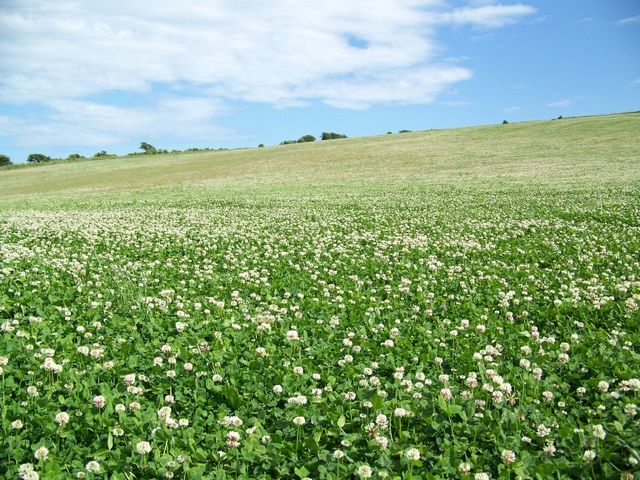Danish cattle and pigs go through tonnes of grain, corn and soy feed every day, but livestock diets could be about to change.
The Food Ministry is currently supporting research at Aarhus University to see if both cows and pigs can thrive if grass becomes their principal food source. Cows already eat a lot of grass, but it must go through a refinement process to boost the protein content before it can be used as pig feed.
Ongoing research
If grass can become a primary food source for all livestock, that will reduce the amount of nitrogen that enters the marine environment and cut down on the 1.5 million tonnes of soy protein that Denmark imports every year – primarily for pig feed.
“It is interesting research that may have beneficial effects for both the environment and Danish agriculture,” said the environmental and food minister, Esben Lunde Larsen.
“We need to wait for the final results, but grass has the potential to become a significant revenue base in agriculture, with a smaller environmental impact than other traditional crops.”
Better yields, less pollution
Protein yields from ordinary clover meadows are 50 percent larger than most grain-based crops and have a smaller environmental footprint.
Since the early 1990s, the amount of agricultural land taken up by corn in Denmark has grown from about 20,000 to 180,000 hectares. Reducing that by half would reduce the annual amounts of nitrogen released into the marine environment by over 2,000 tonnes.
“Grass is a crop that is well suited to the Danish climate and the growing season is long,” said Larsen.
READ MORE: Government agrees to lower nitrogen levels
The Environment and Food Ministry has helped to fund the establishment of test facilities and ongoing research activities.















